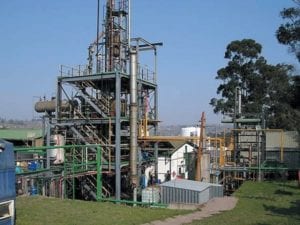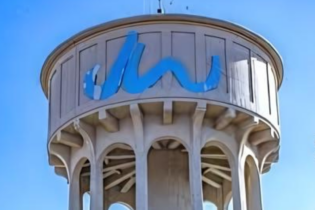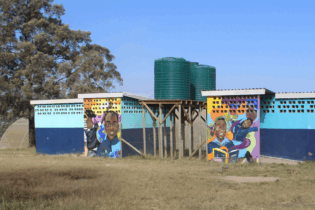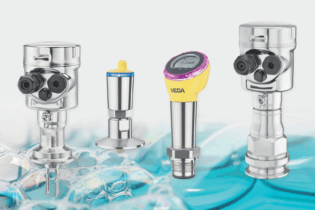Water Purification Chemicals & Plant (WPCP), a multidisciplinary water treatment specialist, manufactures a range of pressure filters designed for the removal of suspended solids and other impurities from water and wastewater in industrial and municipal water treatment programmes.
“WPCP’s single and dual media pressure filters are used for the removal of colour and suspended solids to ensure water is efficiently purified for human consumption, generally down to a turbidity level of less than 0.5 NTU, or for effluent disposal with suspended solids removal down to less than 0.1 ppm,” says Martin Overy, WPCP’s managing director. “These pressure filters efficiently remove materials like iron, manganese, colloids and other precipitates in ground or surface water. Even at fairly high filtration rates – more than 10 m/hr – our pressure filters ensure water purification meets the stringent requirements of SANS 241 Class 0, or any suspended solids specification for waste and industrial applications.” WPCP DW 6 pressure filters are available in standard sizes, with diameters between 700 mm and 2.7 m. Other configurations and sizes can be custom designed to meet specific requirements, including water quality and footprint specifications, as well as backwash and flow requirements. These pressure filters are available with a manual or automatic operating principle, where the incoming flocculated and settled raw water is pumped or gravity fed over the filtration media, where the science of filtration takes place. The general assumption is that dirt and suspended solids are trapped in the space between the media – usually sand. What actually happens is the smaller dirt particles are attracted to the larger sand particles by Van der Wahl’s forces, resulting in very clear water, down to less than 0.5 NTU, if operated and backwashed properly. WPCP’s pressure filters, with a maximum pressure of 400 kPa, are manufactured from robust materials, including glass reinforced plastic (GRP) and steel. To ensure resistance to corrosion, the internal lining consists of a twin pack of solvent-free epoxy product, of 300 to 400 micron. The external coating is a twin pack polyurethane material of up to 1 500 micron. The dirt load capacity of these filters ranges from 3 to 6 kg suspended solids per m³ of filtration media. The backwash system or regime usually consists of air, then air and water, then water only, with a final water backwash rate of 25 to 30 m/hr. The pressure filter selected for each specific application determines the underdrain or filter nozzles design.WPCP filter beds are designed for a high solids holding capacity, which results in extended filter service life and reduced backwash requirements.
Single media filtration systems generally have a layer of 0.95 mm silica sand (800 to 1 000 mm bed depth) or dual media systems, with a top layer of Hydroanthrazit (300 to 400 mm) and a bottom layer of silica sand (600 or 800 mm). These pressure filters are enhanced by air blowers, piping and valves, as well as a full set of instrumentation. The latest filtration systems are operated using a Programmable Logic Controller (PLC) and SCADA system for optimum efficiency. The appropriate size of filters recommended for each application depends on the flow rate and water/wastewater conditions. WPCP offers a technical advisory service to ensure the installation of the appropriate filtration system. The company has made a significant investment in the latest equipment and ongoing research to ensure optimum efficiency and the total hygiene of every installation. The company offers a range of services that encompasses the chemical aspects of drinking water treatment, the latest filtration technologies and the design of major water purification plants.





